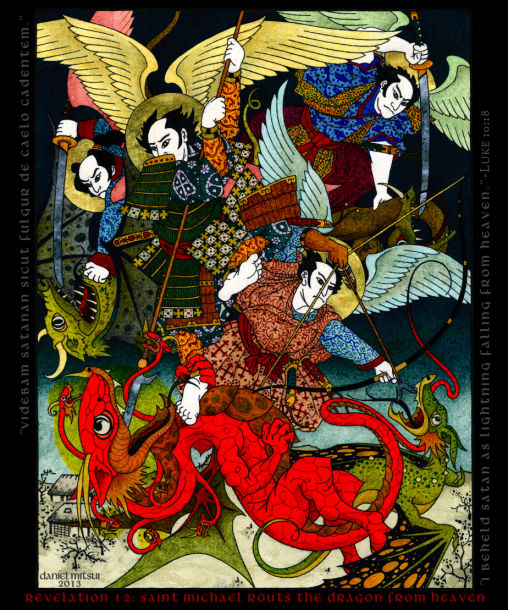Fr. Rutler's Weekly Column
October 13, 2019
Over forty years ago, I told a wise Protestant theologian that I had been reading the Apologia pro Vita Sua of John Henry Newman (1801-1890). He warned me that it is “a dangerous book.” That was just the sort of advice that makes a young thinker all the more eager to read it. And so I did, and so did countless others whose lives were changed by this book, whose passages are some of the most beautiful in the English language, and whose author’s the thoughts considering the psychology of the soul are undying.
Newman wrote that book in four weeks, standing at his upright desk in Birmingham, England, in response to a personal attack on his integrity: “I have been in perfect peace and contentment; I never have had one doubt. I was not conscious to myself, on my conversion, of any change, intellectual or moral, wrought in my mind . . . but it was like coming into port after a rough sea; and my happiness on that score remains to this day without interruption.”
Today Newman is to be canonized in Rome, a tribute to his unsurpassed gifts of grace as theologian, historian, writer, poet, preacher and, most of all, a pastor of souls. While preaching and writing immortal words, he also was meticulous in running the Oratory school he founded, even making costumes for school plays, paying coal bills, and playing his fiddle in the school orchestra.
In his honor and in thanksgiving for the Church’s recognition of his holiness, of which the angels never were in doubt, we shall dedicate today a shrine for him in our church. As with all that we try to do in our church, this sculpture is the work of one of our own parishioners. Newman foresaw with uncanny prescience the various challenges of our own day, and this monument should be a reminder to pray for his intercession on behalf of our local church and the Church Universal in a time of spiritual combat, which is a lot like what he faced in his own age.
To Newman’s great surprise, and even “shock,” the newly elected Pope Leo XIII in 1879 created him a cardinal. He had been so attacked and calumniated for his religious views over many years, that he was satisfied that the “cloud” had finally been lifted. In his acceptance speech he said that his entire life had been consecrated to refuting the doctrine of relativism which held that “Revealed religion is not a truth, but a sentiment and a taste; not an objective fact, not miraculous; and it is the right of each individual to make it say just what strikes his fancy.”
Today we sing Cardinal Newman’s hymn, “Lead, Kindly Light,” which his own life embodied and faith made bold: “I do not ask to see the distant scene, one step enough for me.”
Faithfully yours in Christ,
Father George W. Rutler





